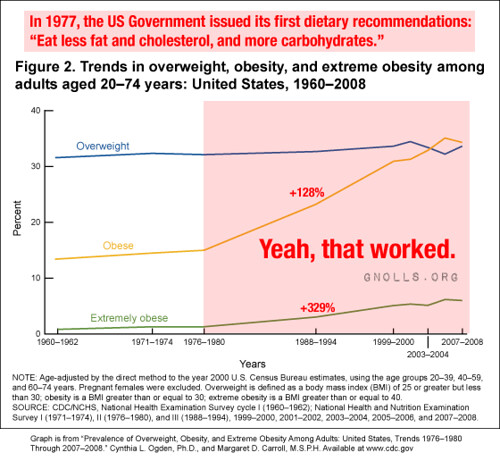In a world of seven billion people with more coming every day, I am not sure why we are so concerned with people dying. If it's expensive, provide hospice or palliative care and walk away. Most people do not want to live forever anyway.As the worldwide death toll from tobacco use continues to climb—it's currently six million per year and is expected to top eight million by 2030, according to the World Health Organization—efforts to unlock the secrets of nicotine addiction take on a distinct urgency. "Nicotine is one of the most difficult drugs to quit," says Ines Ibanez-Tallon, a scientists in the lab of Nathaniel Heintz, who is James and Marilyn Simons Professor at the Rockefeller University. For sure, while 70 percent of cigarette smokers in the U.S. say they would like to quit, each year only 3 percent are able to do so successfully.
...In a search for the brain cells that transmit this response, Ibanez-Tallon's group investigated how nicotine affects two midbrain structures, the interpeduncular nucleus (IPN) and the medial habenula (MHb). While these brain regions are ancient in evolutionary terms and are found in all vertebrates, including humans, they have not received much attention from scientists until recently, Ibanez-Tallon says.
Working with mice, Jessica L. Ables, first author of the study, found that chronic nicotine consumption alters the functions of a particular population of neurons inside the IPN. These altered brain cells, which she dubbed Amigo1, appear to promote nicotine addiction by disrupting the communication between the habenula and the IPN.
Normally, these brain structures have a system in place to curtail nicotine addiction. The habenula responds to a given dose of nicotine by sending an aversion signal to the IPN that decreases the reward of the drug, an effect that ultimately limits the urge to consume nicotine. After chronic exposure to nicotine, however—the mice used in the study drank nicotine-laced water for six weeks—the Amigo1 cells compromise this "braking effect" by releasing two chemicals that reduce the response of the IPN to the aversion signal from the habenula. In other words, the stop-smoking message doesn't get delivered.
https://medicalxpress.com/news/2017-12-brain-treatments-nicotine-addiction.html
But, it will be interesting to see what "stop/quit" drugs they unleash based on this knowledge. Probably in suppository form too.
Edited by jvnshr: Title capitalization (please check Rule #9)










